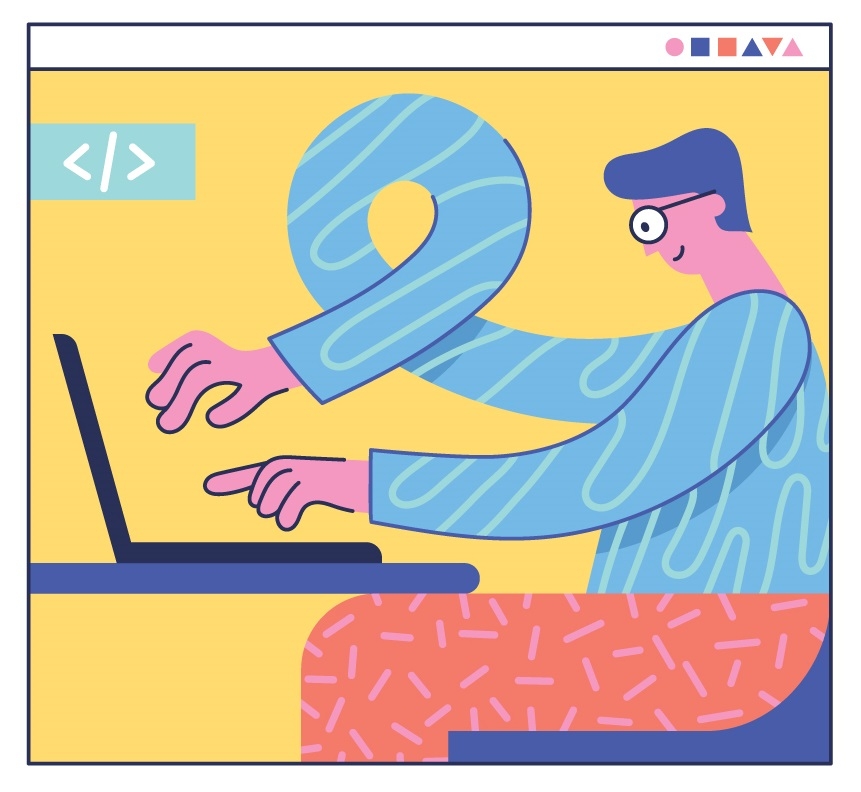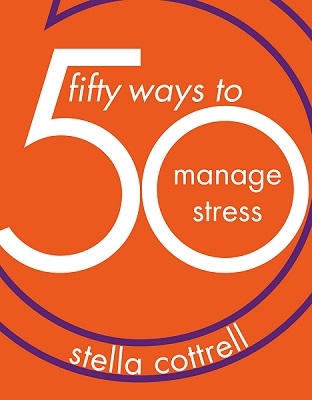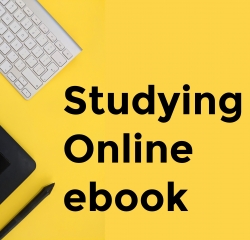
How much do you think about...?
- What you see or hear on social media?
- What is being said about you on social media?
- The number of followers, likes, etc. that you get on social media?
- Missing out if you don’t keep checking social media?

Social media can add to stress in many ways, from feelings of inadequacy about personal popularity to bullying or being shamed. FOMO – or ‘fear of missing out’ – drives high levels of anxiety, and for some people this involves checking social media every few minutes.
If you are preoccupied by what others think and do via social media, or find that social media add to your stress, think again about your usage. You don’t need to give social media up altogether if you don’t want to, but you can change the way you use them so that they become useful and fun again.
If you don’t use social media much, or at all, you may wish to consider the tips and activity below in relation to your use of email or news channels.
Moving forward, think about...
Review the different approaches to managing how you interact with social media below. Select any that you feel would be helpful to you to add them to a list of 'Favourites', which you can then save to your journal.
Remember, it’s unlikely that you will miss out on much that would have a significant impact on your life.
This puts you in control of when you receive updates, so you can see them when you’re in the right frame of mind.
Review the accounts you follow. Consider how they make you feel, and unfollow or ‘mute’ accounts which fuel negative feelings.
It’s easy to fall down a social media rabbit hole. Tracking your screen time can help you identify how much time you spent on social media and where you could reduce it.
There can be a lot of pressure to be ‘always on’. Turning off your devices can help you to focus on a task or enjoy some quality time with friends or family without distractions.
More from Bloomsbury

Looking for more bite-sized tips to boost your wellbeing? Check out 50 Ways to Manage Stress, by Stella Cottrell.

Be kind to your mind – online and offline. Find tips to help you with this on the Wellbeing online page in the Studying online collection.
Editor's highlights

Get work done

How do you deal with feedback from your lecturers?

What is the writer's stance?




